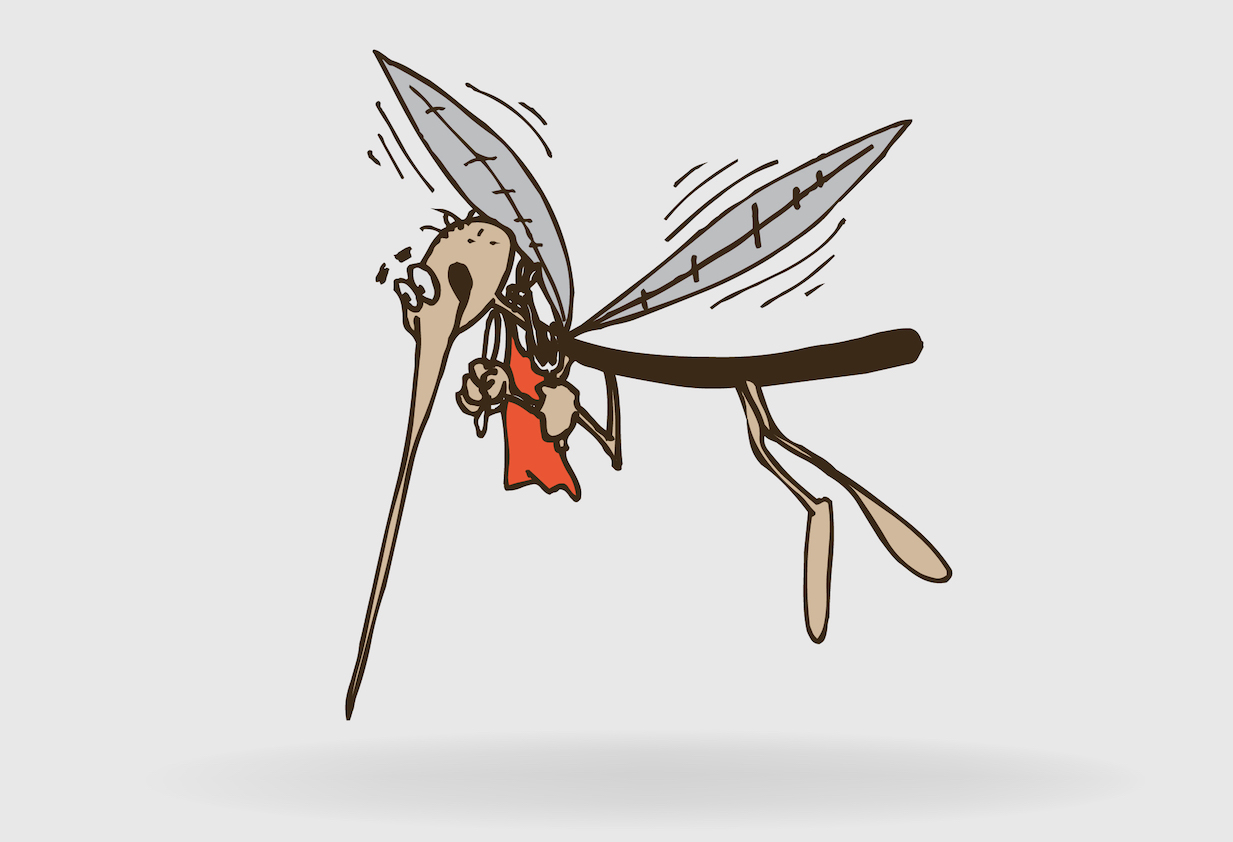Mosquito bites are common, especially in summer, and can cause inflammation and itching.
Besides the annoying itch mosquitos provide, they can carry parasites and some pathogens, like malaria, filariasis, and viruses. In most cases, people may have allergic reactions to the bites.
Typically, a bite brings a red, swollen bump which is accompanied by an itch that can develop within hours and lasts a few days. A mosquito bite can also cause blistering-type lesions, hives, fever and swelling in the joints.
Your immune system reacts by releasing histamine, which creates a small, itchy bump. So the bump is not caused by the bite, but by your body’s allergic reaction to substances that the mosquito bite leaves behind.
Avoiding mosquito bites altogether is the best approach, but if you can’t. Keep these home remedies for bug bites that itch and swell, handy.
1. Tea tree essential oil
This oil has antiseptic properties that can help treat a variety of skin-related symptoms, including mosquito bites. Dab a little essential oil onto a cotton swab and rub it on the affected area. Lavender and peppermint oils also work well. Some people may be sensitive to essential oils applied directly to the skin; if that’s the case for you, try diluting the oil.
2. Baking soda paste
Add a few drops of water to some baking soda, mix it into a paste, apply it directly onto bug bites, and allow it to dry. The result will be a reduction in inflammation around the bite, which helps relieve soreness as well as itching. The alkalinity of baking soda can help neutralise the pH of an infected area and reduce itching. Just mix a tablespoon of baking soda with only enough water to create a paste.
3. Ice cubes
The easiest way to stop itching could be to hold an ice cube on the bite. It’s been found that since the brain can only process one sensation at a time, the itching will stop as you will feel the intense cold. Cold therapy numbs nerves that trigger itching and pain so that you don’t feel either one. The cold temperature helps limit the inflammatory substances to the site of the bite, which lessens swelling and ultimately provides immediate relief. Hold a bag of frozen veggies, ice wrapped in a cloth, or an ice pack on the affected area for about 15 minutes.
4. Honey
When it comes to soothing itchy bites, honey is a great go-to reliever. It’s a natural popular pick as it contains antibacterial and anti-inflammatory properties. Place a drop on a mosquito bite for almost instant relief. Apply as often as needed until the itching and swelling subsides.
5. Lemons
Packed with naturally anti-inflammatory, antibacterial, and anaesthetic properties, the citrus fruit makes for a useful natural remedy for mosquito bites. Cut a lemon in half and rub the inside over the bite for instant relief. Applying the juice can also help lessen the chance of an infection. However, don’t use lemons as a preventative measure before going outdoors. This would be ineffective and applying citrus juices to the skin when it’s exposed to sunlight can result in blistering.
When to see a doctor
See a doctor if bites last longer than a week or show signs of infection. In extreme cases, mosquito bites and other insect stings can lead to an anaphylactic shock.
If you or a loved one experiences any of the following symptoms, immediate medical attention will be needed:
- Breathing problems.
- Hives or swelling
- Nausea.
- Vomiting.
- Dizziness.
References:
- https://www.healthline.com/health/outdoor-health/home-remedies-for-mosquito-bites
- https://www.gardenista.com/posts/stop-the-itch-natural-mosquito-bite-remedies/
- https://draxe.com/natural-remedy/body-care/home-remedies-for-mosquito-bites/
- https://www.rd.com/health/wellness/natural-remedy-mosquito-bites/
- https://www.everydayhealth.com/skin-and-beauty-pictures/18-home-cures-for-mosquito-bite-itch.aspx#what-to-do-when-the-bugs-bite





